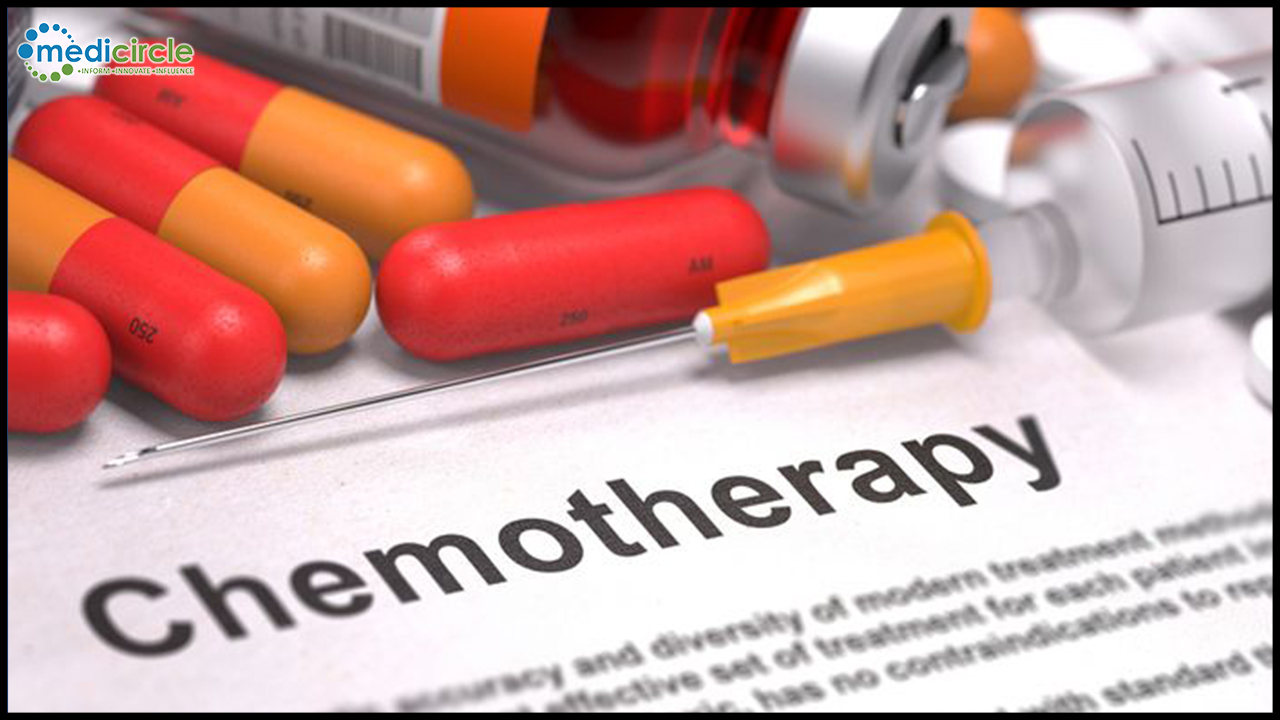As of late, the EU made waves when it reported its Cancer Plan. One recommendation that grabbed my eye is to ease access to Cancer growth medications by ensuring they are reasonable. This is extraordinary news as new Cancer growth drugs are fantastically costly. A solitary shot of another blood malignancy treatment can cost over €300,000 in Europe. Be that as it may, as though extreme costs weren't sufficient, we can't generally be sure these new malignancy drugs fill in as they should.
A similar concern goes for different kinds of medications. Simply a year ago, German buyer bunch Stiftung Warentest evaluated a fourth of 2,000 over-the-counter drugs as "unacceptable." Why? Since the possibility they work is either inadequate or low contrasted with the danger of getting symptoms.
To fix this, part states need to start acting responsibly lastly embrace an EU law on Health Technology Assessment (HTA), which has been pending for more than two years.
How accomplishes HTA work? National bodies take a gander at clinical preliminary information and other proof to evaluate the estimation of new prescriptions and clinical gadgets against those as of now available. Thus, governments depend on these appraisals to settle on estimating and repayment in their nation. It abstains from paying for drugs with no additional worth, diverting cash from the open satchel to imaginative meds, medical procedures and other wellbeing mediations that generously improve individuals' wellbeing and even spare lives. In entirety, it's everything about getting the best incentive for cash.
The participation between national HTA bodies is just intentional and doesn't prove to be fruitful. Some are hesitant to utilize the joint discoveries, bringing about duplications which thusly squanders open cash, as the EU Commission has hailed.
On the off chance that part states coordinated better on HTA, we would all profit on a few fronts. Much the same as imparting undertakings to your partners, it abstains from multiplying work, you gain from one another and you convey more like a gathering than all alone. Additionally, progressively proficient collaboration on HTA would mean safe meds and inserts –, for example, hip substitutions and pacemakers – arrive at patients quicker.
Consequently, the European Commission made a suggestion that expects to make such participation obligatory. In any case, some part states staunchly restrict the commitment to utilize the data from EU-wide reports, preferring rather the likelihood to re-do the clinical evaluations at a national level without any justifiable cause.
We as a whole concur that HTA reports must consider the specificities of every national medicinal services framework. Correctly thus, nothing ought to forestall part states from depending on extra clinical proof that issues in their national setting, as properly proposed by the European Parliament. If you go for a fixed menu (the joint report) at an eatery, nothing keeps you from requesting vegetables or fries as an afterthought (extra-national information).
Where there is a will, there is away. Significantly more so when national governments recognize they are confronting similar issues of costly prescriptions with questionable advantages. It's the ideal opportunity for part states to strike an arrangement that impacts shoppers' lives to improve things, much the same as the Cancer Plan expects to do. There is no more opportunity to lose with regards to shoppers' wellbeing.

 EU makes efforts to reduce cancer medication with its new approach which will bring hope and reduce financial stress on families
EU makes efforts to reduce cancer medication with its new approach which will bring hope and reduce financial stress on families 









.jpeg)








.png)
.png)

.png)
.png)
.png)

.png)
.png)
.png)

.png)
.png)